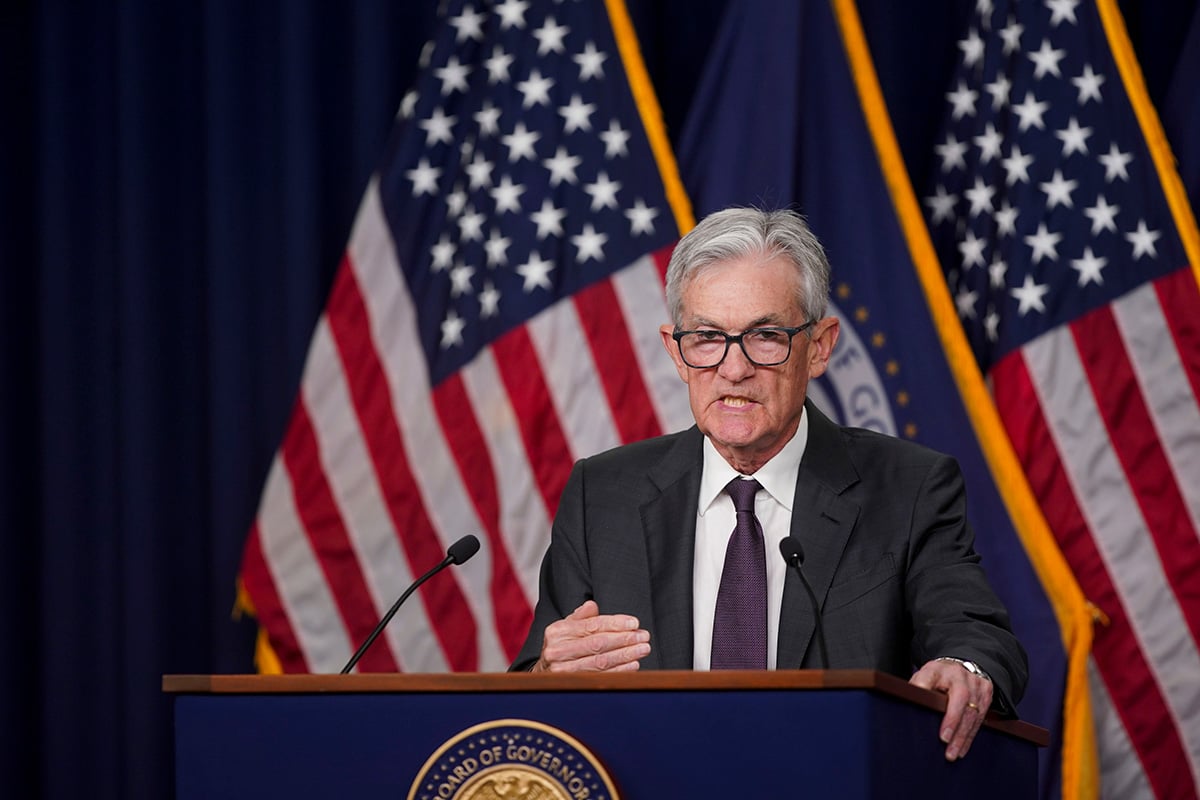Switzerland's central bank officials have just eaten their words, risking lingering indigestion in financial markets.
Just three days after Swiss National Bank (SNB) Vice President Jean-Pierre Danthine called the franc cap a “pillar” of monetary policy, the SNB yesterday dropped the minimum exchange rate of 1.20 per euro.
The shock abandonment of the SNB's primary policy of the past three years may now leave investors warier of taking officials' words at face value, according to economists including Karsten Junius, chief economist at Bank J. Safra Sarasin AG in Zurich. By scrapping one tool, the franc cap, SNB President Thomas Jordan risks blunting the effects of another.
“The SNB's credibility has suffered a bit,” said Junius, a former economist at the International Monetary Fund. “Statements will get read in the future with a bit more caution. Verbal interventions will hardly work any more.”
The central bank's regular pledge to defend the franc cap with “utmost determination” had become part of the institution's brand, not least because of the success of that policy in protecting the country's domestic economy.
“They've lost part of their credibility, I think,” Han De Jong, chief economist at ABN Amro Bank NV in Amsterdam, told Angie Lau on Bloomberg Television's “First Up” program. “Whatever they will say, markets will not trust them very much.”
'Unreliable Boyfriend'
George Buckley at Deutsche Bank AG, also argues the SNB's words are hard to reconcile with the SNB's new policy stance.
“Their commentary now means nothing,” he said. “This is not utmost determination, is it?”
Bank of England Governor Mark Carney has suffered similar criticism. He was labeled an “unreliable boyfriend” by one U.K. lawmaker last year for giving conflicting messages on the possible timing of interest-rate increases in the U.K.
SNB President Jordan yesterday defended his surprise move, saying that a tool like the cap would always need to be abandoned unexpectedly. Anatoli Annenkov at Societe Generale SA agrees.
“It's something we aren't used to anymore because most central banks are talking about warning markets, improving communication, not surprising anymore,” Annenkov said by phone from London. “But in such circumstances, there's basically no other way to do this. Markets would have speculated, positioned themselves beforehand.”
–With assistance from Simon Kennedy in London.
Complete your profile to continue reading and get FREE access to Treasury & Risk, part of your ALM digital membership.
Your access to unlimited Treasury & Risk content isn’t changing.
Once you are an ALM digital member, you’ll receive:
- Thought leadership on regulatory changes, economic trends, corporate success stories, and tactical solutions for treasurers, CFOs, risk managers, controllers, and other finance professionals
- Informative weekly newsletter featuring news, analysis, real-world case studies, and other critical content
- Educational webcasts, white papers, and ebooks from industry thought leaders
- Critical coverage of the employee benefits and financial advisory markets on our other ALM sites, PropertyCasualty360 and ThinkAdvisor
Already have an account? Sign In Now
*May exclude premium content© 2025 ALM Global, LLC, All Rights Reserved. Request academic re-use from www.copyright.com. All other uses, submit a request to [email protected]. For more information visit Asset & Logo Licensing.





